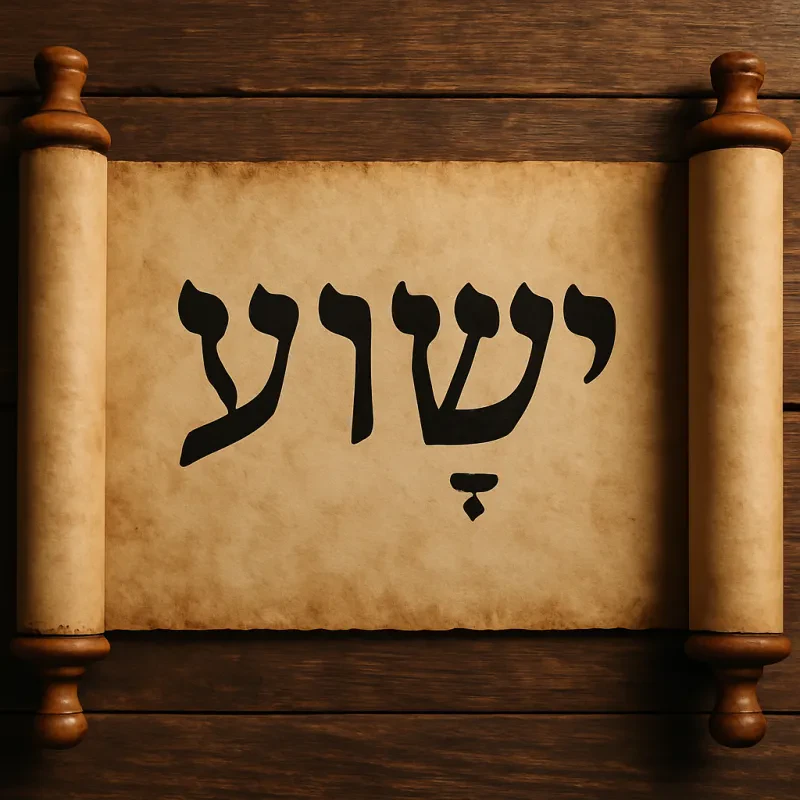Moses is a central figure in the Bible, and understanding his early life helps us appreciate his role in the stories that follow. Born at a time when the Israelites were enslaved in Egypt, Moses' arrival was surrounded by danger. Pharaoh had ordered that all newborn Hebrew boys be killed, so his mother hid him in a basket and placed it in the Nile River. This brave act was the first step in Moses' extraordinary journey.
He was soon found by Pharaoh's daughter, who took him as her own. This unique upbringing in the royal household provided Moses with a privileged education. He learned the ways of the Egyptians, allowing him to move comfortably between two worlds: his Hebrew roots and the Egyptian culture. Despite his comfortable life, Moses always felt a strong connection to his people and their struggles.
As he grew older, Moses witnessed the harsh treatment of the Israelites. One day, in a fit of anger, he intervened when he saw an Egyptian beating a Hebrew slave. Unfortunately, this act of heroism led to a grave consequence: Moses ended up killing the Egyptian. Fearing for his life, he fled to the land of Midian, where he began a new chapter away from the life he’d known.
In Midian, Moses got married and started a family, living as a shepherd. It was here, while tending to his flock, that he had a life-changing encounter with God in the form of a burning bush. This significant moment marked the beginning of his mission to free the Israelites from slavery, establishing Moses as a pivotal character in the story of the exodus, as we see him rise as a leader for his people in the Bible. Each aspect of Moses' early life laid the foundation for his future actions and decisions, making him one of the most important figures in the so-called "Moses in Bible."
Key Events in Moses’ Journey
Moses in the Bible had a journey full of incredible events that shaped the course of the Israelites' history. One of the key moments was his early life in Egypt. Raised as a prince but aware of his Hebrew roots, Moses witnessed the struggles of his people. This inner conflict ultimately led him to leave the palace and live among the Hebrews, reflecting his desire for freedom for his people.
Then there was the burning bush moment. While tending to his flock, Moses encountered a bush that burned but didn’t turn to ash. God spoke to him from the bush, asking him to lead the Israelites out of slavery in Egypt. Can you imagine the mix of fear and excitement? This encounter was the start of Moses’ mission, and it profoundly changed his life and the lives of the Israelites.
Another pivotal event was the Exodus itself. After several confrontations with Pharaoh and the infamous plagues, Moses finally led the Israelites out of Egypt. This journey was long and filled with challenges, from crossing the Red Sea to wandering in the desert. Each step was a testament to Moses' leadership and faith as he guided his people toward freedom and a new life.
Finally, Moses received the Ten Commandments on Mount Sinai. This moment wasn't just a religious experience; it was a defining point in establishing laws that would guide the Israelites. These commandments have had a lasting impact, influencing moral and ethical standards for centuries. Moses in the Bible illustrates not just a story of one man, but a collective journey towards faith and identity for an entire nation.
Moses and the Ten Commandments
Moses is one of the most important figures in the Bible, known for leading the Israelites out of slavery in Egypt. But one of his most significant moments came when he received the Ten Commandments. These commandments are a set of laws given to Moses by God on Mount Sinai, and they played a crucial role in the moral and ethical framework of the Israelites.
The story goes that Moses climbed the mountain and spent 40 days and nights there. During this time, he was in direct communication with God, who inscribed the commandments on two stone tablets. These laws cover a range of guidelines for living, including not stealing, not committing adultery, and honoring one’s parents. They also emphasize the importance of worshiping only God, laying the groundwork for moral living and community relationships.
When Moses descended the mountain and saw the Israelites worshiping a golden calf, he became furious. This moment shows not only Moses' deep commitment to God but also his role as a leader who had to guide his people back to the right path. The Ten Commandments became a central part of the covenant between God and the Israelites, serving as a foundation for their society.
The impact of the Ten Commandments goes beyond the Israelites. They have influenced religious teachings and legal systems throughout history. When we talk about Moses in the Bible, we’re not just discussing a person; we’re exploring the roots of values that continue to resonate in many cultures today.
Moses’ Legacy and Impact Today
Moses in the Bible is one of the most important figures not just in religious texts but also in history. His legacy isn't just about the stories told in the Old Testament; it's about the lessons and principles that continue to resonate today. For many, he represents faith, leadership, and the pursuit of justice. These values have influenced countless generations, shaping moral frameworks and social justice movements around the world.
One major impact of Moses is found in the concept of freedom. The story of the Exodus, where Moses leads the Israelites out of slavery in Egypt, inspires those fighting against oppression. People often reference Moses when advocating for civil rights, emphasizing the idea that everyone deserves freedom and dignity. His journey and leadership are a reminder that change is possible, and that standing up against injustice is a noble cause.
Moses in the Bible also brings a strong emphasis on law and ethics. The Ten Commandments, which Moses received on Mount Sinai, have served as a foundation for many legal systems and moral codes throughout history. These guidelines promote values such as honesty, respect, and responsibility, which remain relevant in today's society. They serve as a basic framework for relationships, governance, and community living.
In contemporary culture, Moses is often referenced in literature, art, and popular media, symbolizing resilience and hope. Whether it's a film depicting the Exodus or a book that delves into his life, Moses continues to be a compelling figure. His story encourages individuals to reflect on their own journeys, challenges, and the decisions that shape their lives. Through these reflections, the impact of Moses in the Bible remains strong, reminding us that we can all have an influence, no matter our circumstances.







